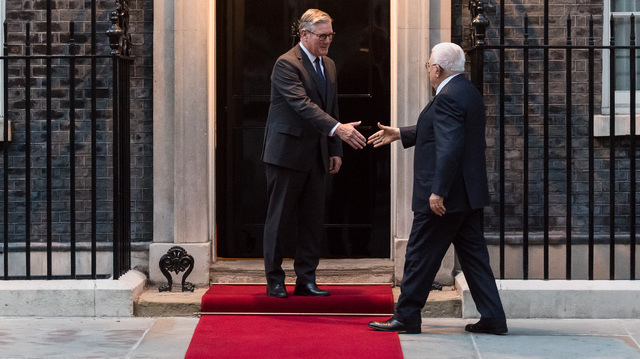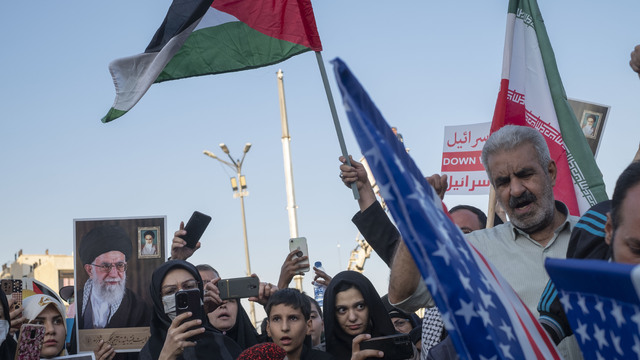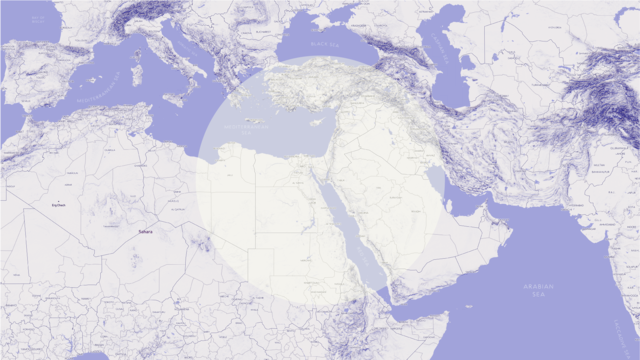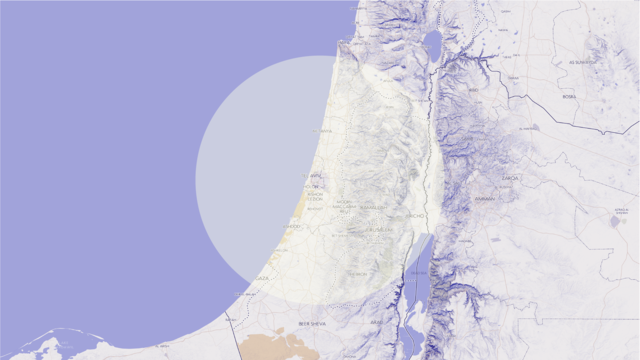CJIR: Special forum on Czech Foreign Policy towards Israel, Gaza and Palestine

The new issue of the Czech Journal of International Relations presents a special forum on Czech foreign policy towards Israel and the Israeli-Palestinian conflict.
This special forum brings together a series of expert analyses that examine the historical roots, political dynamics, and societal perspectives shaping Czech approaches to the region and aims to offer a nuanced reflection on how foreign policy is formed and articulated in Central Europe in response to one of the world’s most sensitive and complex conflicts.
Introductory article Czech Foreign Policy towards Israel, Gaza and Palestine: An Introduction responses highlights the Czech Republic’s strong and consistent support for Israel, which stands out in the European context. The authors Jakub Záhora (University of New York in Prague, Institute of International Relations) and Jan Daniel (University of New York in Prague, Institute of International Relations) present the forum’s aim to examine the historical, political, and social factors shaping this stance, and to compare the Czech approach with developments in countries like Poland.
Article by Eva Taterová (Institute of Contemporary History of Czech Academy of Sciences) Czechoslovak Support for the Founding of Israel in the Late 1940s: the Myth of Everlasting Friendship? revisits the commonly cited historical episode of Czechoslovakia’s support for the creation of Israel in 1948. While often referenced today as a symbol of enduring Czech-Israeli friendship, Taterová examines the broader political and strategic motivations behind this support. The article highlights how simplified historical narratives can obscure the complexity of past relations.
Marek Čejka (Ambis College) in Václav Havel’s Zionism? The Role of New Political Elites in the Transformation of Czech Policies Towards the Israeli-Palestinian Conflict after the Fall of Communism explores how post-1989 Czech political elites shaped the country’s foreign policy towards Israel. Initially rooted in cultural sympathies and dissident-era ideals, Czech policy emphasized support for Israel alongside a commitment to human rights and dialogue. Čejka traces this shift from early balance to growing political consensus around pro-Israeli positions across party lines.
Tereza Plíštilová (Institute of Political Studies, Faculty of Social Sciences, Charles University) challenges the widespread assumption that Czech public opinion uniformly mirrors the country’s strongly pro-Israeli foreign policy. In her Reassessing the Czech Public Attitudes towards Israel and the Israel-Palestinian Conflict Drawing she shows that Czech citizens hold more varied and often more neutral or critical views than the political elite. The article highlights a notable gap between public and elite positions and calls for greater attention to how foreign policy may overlook public preferences.
Zora Hesová (Charles University) in International Principles or Crude Geopolitics? The Incoherence of Czech Foreign Policy Towards Ukraine and Gaza examines how Czech foreign policy has approached the conflicts in Ukraine and Gaza through markedly different lenses. Drawing on UN voting patterns, diplomatic actions, and official statements, she shows that while support for Ukraine has been framed in terms of international law and human rights, the stance on Gaza has been more closely aligned with security alliances and geopolitical positioning. The article reflects on how this divergence affects perceptions of consistency in Czech diplomacy and its alignment with broader European and international norms.
Following the escalation of the Gaza conflict in October 2023, Poland began to adjust its traditionally stable position on the Israeli-Palestinian issue. In Poland’s Attitudes and Policy Towards Israel and Palestine after October 7th: Continuity and Change article, Joanna Dyduch (Jagiellonian University) examines how domestic political change, public reactions to humanitarian events, and evolving EU dynamics contributed to a more cautious and distanced tone in Polish-Israeli relations. While longstanding commitments remain, recent developments—such as Poland’s support for multilateralism, the two-state solution, and greater emphasis on international law—signal a subtle but notable shift in its foreign policy orientation.








